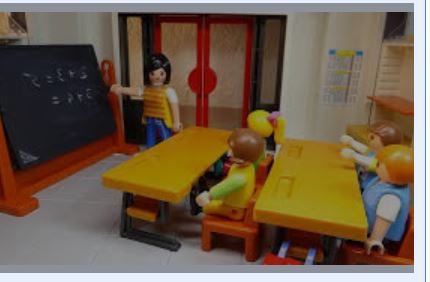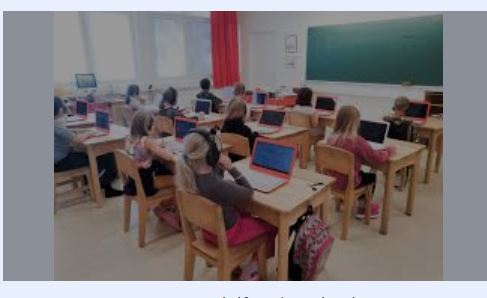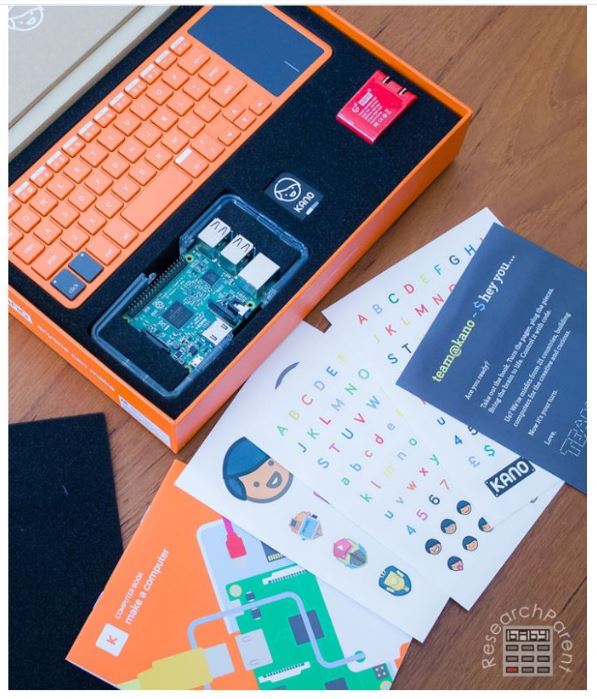May I introduce: Seela in the Digiland PART II: Digital native – behind or beyond the digitalized education?
“To understand their world, we must be willing to immerse ourselves in that world. We must embrace the new digital reality. If we can’t relate, if we don’t get it, we won’t be able to make schools relevant to the current and future needs of the digital generation.”
Ian Jukes (The founder and Executive Director of the InfoSavvy Group, an international educational consulting firm: https://infosavvy21.com/)

When the concept of education is changed it means everything else is changed. The convoy of changes goes from our challenged personal capacities trough already manifested social changes challenged by progressive technologies and economical possibilities. It is important to ask: When the concept of education is changing? Who is ready for the change first: those who need to be educated, those who provide education, or those who finance education – or maybe those who benefit economically by producing the digital infra?
Seela is a representative of a digital generation. In this second part of her narrative, she discusses the educational system that has been available for her:
For me, digital education started only in the fifth grade. It wasn’t common to use it at school before. Of course, we had those computers at school even when I was in the first grade. It was only like on brakes. We could maybe play a game there or do something. Then we started to do the presentations and books started to be on the digital form. Now it is like almost every other subject that I have digital. At least you have an option to use the actual book or pdf form. At the fifth grade we really started to learn how it works.
How the teacher presented to you this new way of learning? Did you have some previous knowledge, or did you start to learn there in the school?
Because my dad is very good in using computers, he taught me earlier so. It was like I know more about the computer then my teachers. This is common even nowadays. They don’t know what they are doing. They just thought what they must teach us, but we knew a bit more, maybe because of how much we use digital devices in our free time.
What do you think, is it because of your generation? You are progressive, and the school system needed to adopt on you and your knowledge. Or the school system did it anyways?
I can’t say it really but maybe the school system did it to be more united with the students that they are in this day, you know. Not in the past. They wanted to be more modern and give us more options. Maybe better learning, I don’t know. Sometimes I think digital books are worse than actual books. Sometimes carrying the book and open it is more motivating than always have a phone and a computer with you that you can do everything you need. It doesn’t motivate you as much. But I see why is better, for example with writing. You can easily correct mistakes or whatever you want. It is faster. They can probably teach us more because they don’t have to waste a time to write everything down first. They have already prepared dias or presentations. And they can just share it with us. We can learn it from there, we don’t have to write it down. Probably for saving time also. […] If we have a homework is it to do some project and it needs to be done in deadline, for specific date. We usually do those with computers and if we need to write something down is in the class. You don’t have to write anything at home.

Did you feel there is a switch in your education, or was it fluid for you? Have you been introduced to libraries at the beginning of your education?
I never really was a library person. I never went there if I wasn’t forced to. Now I never go there basically. No one requires me to go there. But if I want to do something at home, I usually do with my computer. I can just have everything on one page and not go true a lot of paper waste. We must pay for every book and the notebook and a pencil that we have. In high school they don’t provide us those. Nowadays they upgraded or did something with the system and next year people that come to high school, they get everything for free. We are still in older system. I was a little mad at first but then they offer online books. Now I am not too mad about it because I have an option for using online books. I have a smooth switch because still I can have a physical book. It is not only one option. If you are going to do some project with your close friend, you might go to a café or in someone’s place like yourself or the friends and do the project. But we never gather for doing the homework. I like to have my free time as my free time and school time as a school time. So, I try to balance it like that.
Do you feel that each student, your friends (not from your school only) have equal opportunity?
Yes, usually when someone is struggling, they do get the help. this is really god. They don’t let anyone just suffering in their learnings. It will be unfair if you have difficulties with reading or writing. You will get the help with that. But not every school has it equal, you know. Now we can’t get into school we want to. We must do the test to get in there at the first place. Of course, that depends on you. What opportunities you will get. I think maybe in a comprehensive school they have their bigger inequalities; you know. That could be fixed easily but somehow, they don’t do it.
And: do you think that owning an iPhone or any smartphone or a computer is possible for most of the students?
It must be. But we must purchase our own computers and it can get really expensive. The school doesn’t give us anything. I don’t know for the next year students might get their own computers for free. Now it is impossible to live without a smartphone but smartphone is not as needed as the computer. But if you don’t have a computer you don’t get to go to the school basically.
Biljana Stankovic
